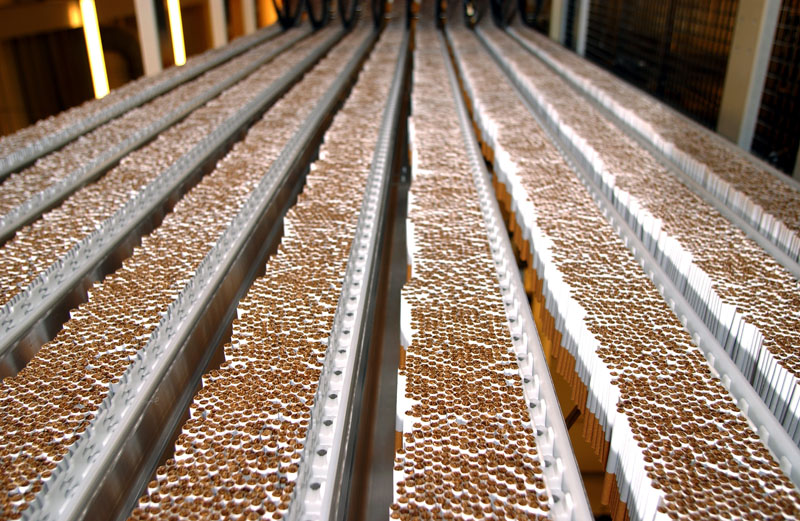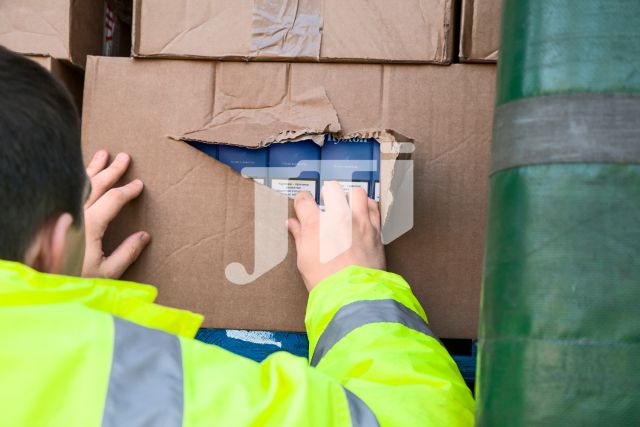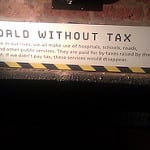Forty-eight percent of UK smokers earning less than £6,000 a year buy tobacco from illicit sources, according to the report of a poll commissioned in June by the TMA, the trade association for the UK’s tobacco industry.
More surprisingly perhaps, 40 percent of smokers who earned more than £60,000 also buy tobacco from illicit sources.
The TMA said that the June poll, conducted nation-wide among 12,065 adult smokers, was commissioned so as to help it understand smokers’ ‘awareness, behaviour and attitudes towards illicit tobacco’.
The poll’s questions were said to have been devised after the receipt of input from HM Revenue and Customs and other stakeholders.
Among the key findings: 72.5 percent of UK smokers buy tobacco from sources where UK taxes aren’t paid, including illicit tobacco and that from abroad, and overall 41 percent of smokers buy tobacco from illicit tobacco sources.
Eighty-eight percent of smokers think that tobacco prices are too high, while two percent think they are too low.
Twelve percent of smokers who knew of illicit tobacco in their local area reported it to the authorities, down from 20 percent in 2016.
In announcing the poll’s findings, the TMA said tobacco on which UK taxes was not paid was a major issue for law enforcement and taxpayers, with £3 billion of tax lost to the illegal trade and cross border shopping in 2015-16.
The link between high tobacco taxes and the illicit market was acknowledged by many leading independent institutions including the Royal United Services Institute, the TMA said, before adding that government taxes accounted for up to 90 percent of the price of a pack of cigarettes in the UK.
‘The regulatory changes to the UK tobacco market this year – the ban on small packs and the introduction of plain packaging – may make the problem worse, with 45 percent of smokers saying they are more likely to purchase illicit tobacco because of the changes,’ it said. ‘Moreover, smokers are increasingly buying larger amounts of untaxed tobacco, with 53 percent saying they buy 200 cigarettes or more from non-taxed sources…
‘Overall this survey confirms that the government’s policies do not have the support of smokers and are likely to be a large contributing factor to the high level of illegal tobacco in the UK.’
Responding to this year’s findings, TMA director general, Giles Roca, said the results revealed the true extent of how the government’s high tax policy, in creating some of the highest tobacco prices in Europe, had continued to push smokers to buy from non-UK-duty-paid and illicit sources.
“High taxes have cost the treasury billions of pounds in lost revenues whilst giving a boost to the criminals who are behind the illegal trade,” he said. “There is also worrying evidence that children are increasingly accessing tobacco from these illicit sources.
“The regulations that came fully into force this year banning small tobacco packs and introducing plain packaging are making the problem worse by pushing smokers towards the illicit market rather than encouraging them to quit.
“There is a real risk that the problem could be made worse if the government decides to increase tobacco duty for a second time in nine months in the upcoming budget. These findings suggest the government needs to completely re-think its tobacco taxation policy.”









